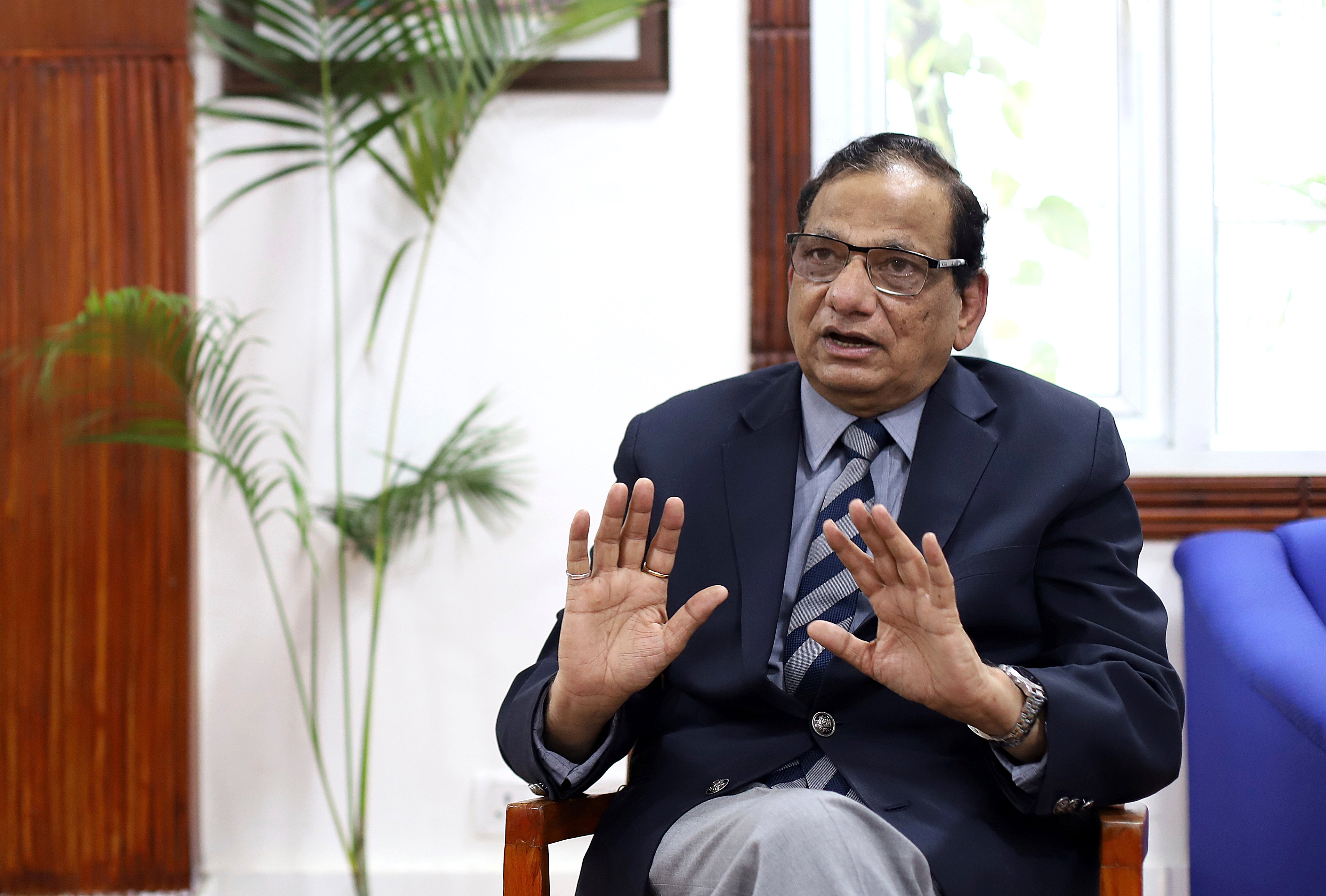AP Interview: India says it hopes to resume vaccine exports
An Indian health official says the country, the world’s largest manufacturer of vaccines, wants to resume exports of coronavirus doses but can’t do so until its domestic needs are met

Your support helps us to tell the story
From reproductive rights to climate change to Big Tech, The Independent is on the ground when the story is developing. Whether it's investigating the financials of Elon Musk's pro-Trump PAC or producing our latest documentary, 'The A Word', which shines a light on the American women fighting for reproductive rights, we know how important it is to parse out the facts from the messaging.
At such a critical moment in US history, we need reporters on the ground. Your donation allows us to keep sending journalists to speak to both sides of the story.
The Independent is trusted by Americans across the entire political spectrum. And unlike many other quality news outlets, we choose not to lock Americans out of our reporting and analysis with paywalls. We believe quality journalism should be available to everyone, paid for by those who can afford it.
Your support makes all the difference.India the world's largest manufacturer of vaccines, wants to resume exports of coronavirus doses but can't do so until its domestic needs are met, the head of the country's COVID-19 task force said Friday.
“Once our immediate need of vaccinating a significant proportion of Indian people is achieved and vaccine stockpiles are visible from multiple sources, we would then like to play the role of serving others and providing vaccines to them,” Dr. Vinod K. Paul said in an interview with The Associated Press.
Paul defended the Indian government's move to restrict vaccine exports in April as it battled a ferocious surge in infections.
He noted that India had given away a “substantial” amount of vaccines at the start of the year as it launched its own immunization drive. “So that has to be respected and has to be recognized, as not many nations have done that,” he said.
From January, India began exporting vaccines to more than 90 countries. But the exports stopped when infections soared in India, leaving many developing countries without adequate supplies and affecting millions of people.